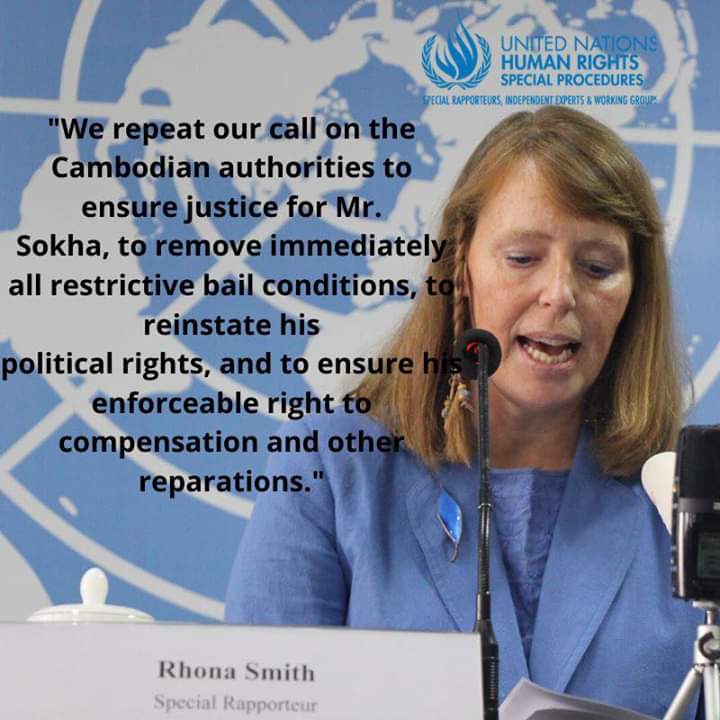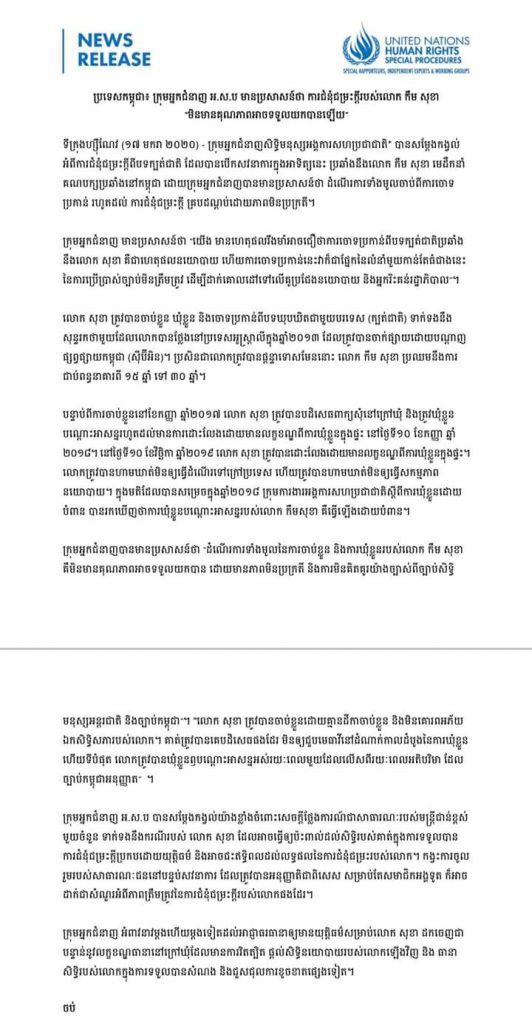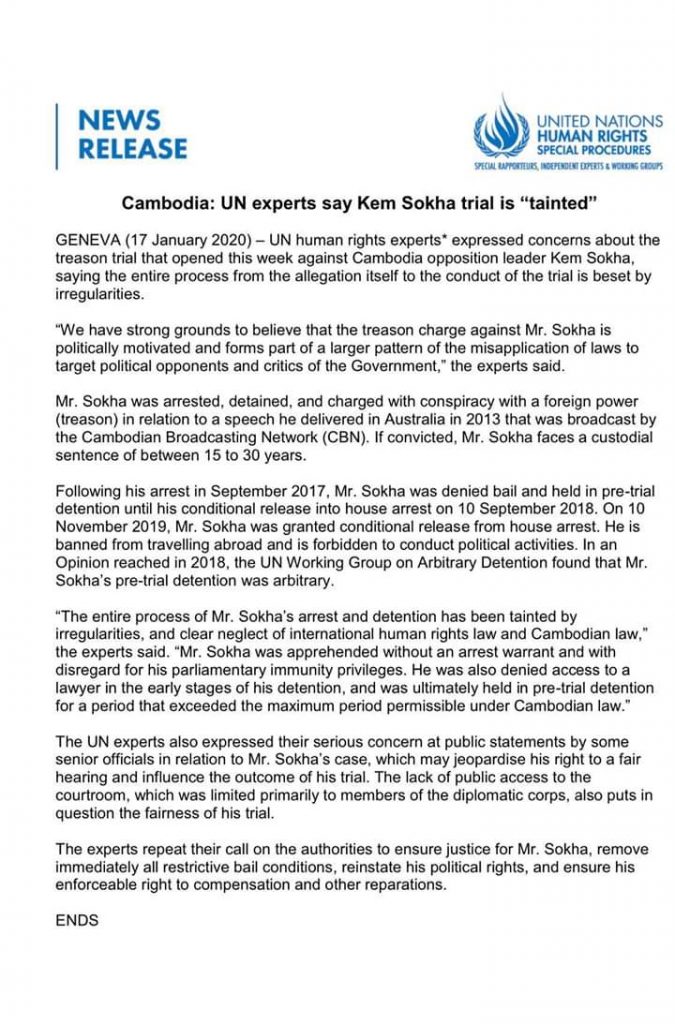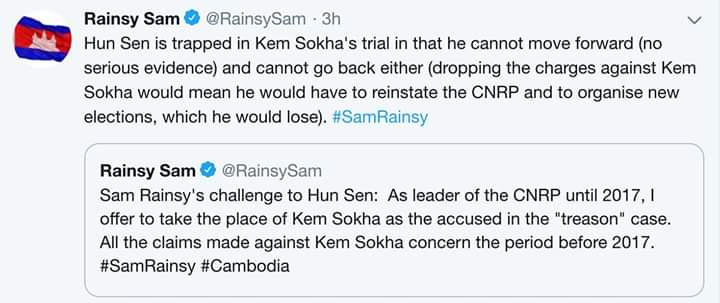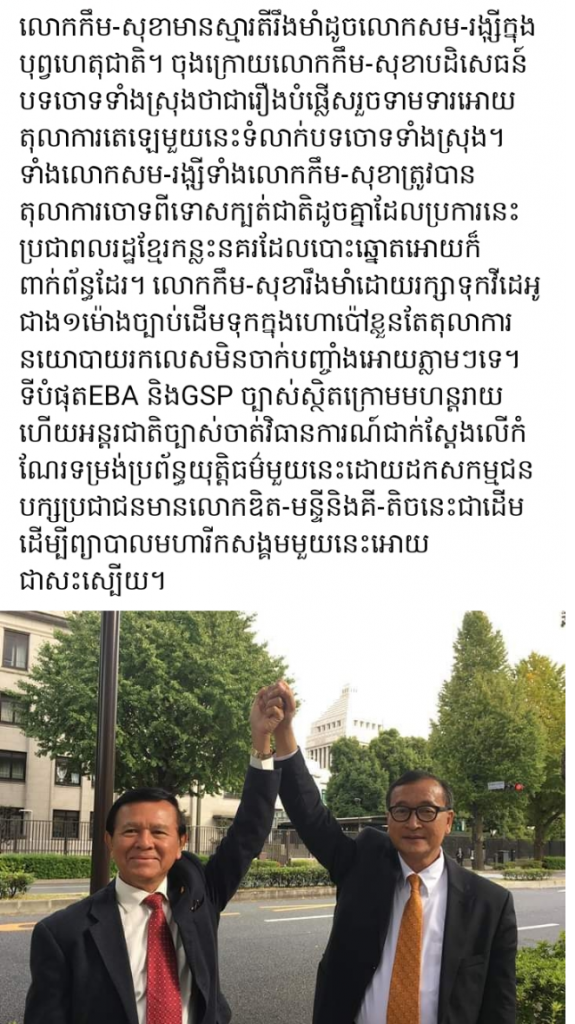Original source: European Commission
The European Commission has decided to withdraw part of the tariff preferences granted to Cambodia under the European Union’s Everything But Arms’ (EBA) trade scheme due to the serious and systematic violations of the human rights principles enshrined in the International Covenant on Civil and Political Rights.
The withdrawal of tariff preferences – and their replacement with the EU’s standard tariffs (most favoured nation MFN) – will affect selected garment and footwear products, and all travel goods and sugar. The withdrawal amounts to around one-fifth or €1 billion of Cambodia’s yearly exports to the EU. Unless the European Parliament and the Council object, this will take effect on 12 August 2020.
High Representative for Foreign Affairs and Security Policy/Vice-President of the European Commission, Josep Borrell, said: “The duration, scale and impact of Cambodia’s violations of the rights to political participation and to the freedoms of expression and association left the European Union with no other choice than to partially withdraw trade preferences. The European Union will not stand and watch as democracy is eroded, human rights curtailed, and free debate silenced. Today’s decision reflects our strong commitment to the Cambodian people, their rights, and the country’s sustainable development. For the trade preferences to be reinstated, the Cambodian authorities need to take the necessary measures.”
Commissioner for Trade, Phil Hogan, said: “The European Union is committed to supporting Cambodia’s economic and social development through trade preferences. However, the respect for human rights is non-negotiable for us. We recognise the progress Cambodia has made, but serious concerns remain. Our aim is that the Cambodian authorities end human rights violations, and we will continue working with them in order to achieve that.”
The Commission’s decision addresses the human rights violations that triggered the procedure, while at the same time preserving the development objective of the EU trade scheme. It recognises the need to continue to support Cambodia’s economic development and diversification of its exports. All emerging industries in Cambodia will continue to enjoy duty-free, quota-free access to the EU market. High value-added garments and certain types of footwear will also continue to enjoy duty-free, quota-free access to the EU market.
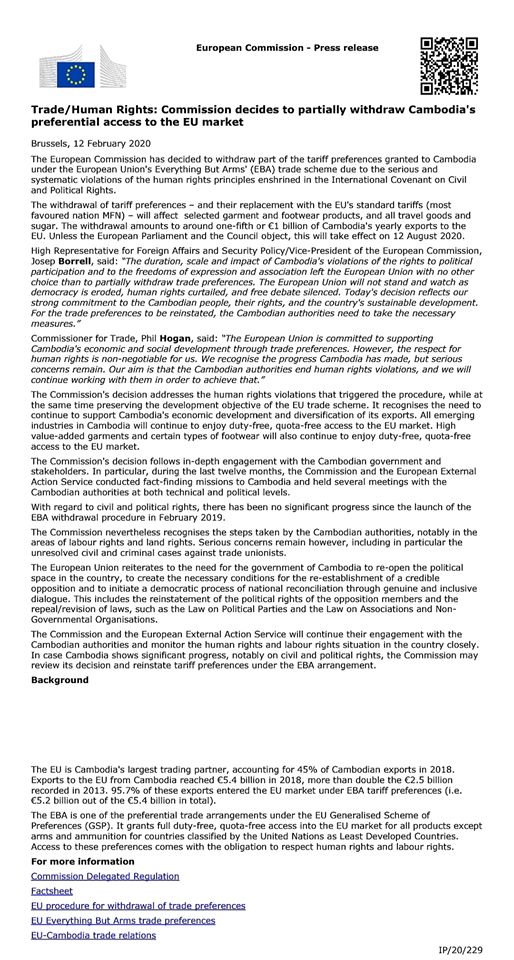
The Commission’s decision follows in-depth engagement with the Cambodian government and stakeholders. In particular, during the last twelve months, the Commission and the European External Action Service conducted fact-finding missions to Cambodia and held several meetings with the Cambodian authorities at both technical and political levels.
With regard to civil and political rights, there has been no significant progress since the launch of the EBA withdrawal procedure in February 2019.
Continue reading


